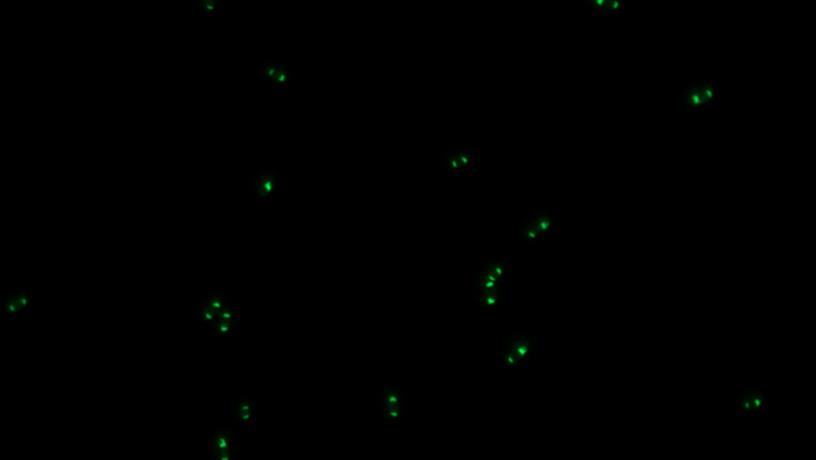Chemical Engineer Allie Obermeyer Named ACS PMSE Young Investigator

Allie C. Obermeyer, assistant professor of chemical engineering

Allie C. Obermeyer, assistant professor of chemical engineering, has been selected by the American Chemistry Society’s (ACS) Division of Polymeric Materials: Science and Engineering (PSME) as one of 14 PSME Young Investigators. This notable award is given annually to early-career emerging leaders who have made significant contributions in polymer materials science and engineering. Obermeyer’s research, which lies at the intersection of chemistry, biology, and engineering, is focused on improving human health by creating protein- and polymer-based materials that can be used for biomedical applications such as drug delivery and long-term storage of therapeutic proteins.
The selected Young Investigators will each give a technical talk describing their recent research advances at the 2021 PMSE Young Investigator Symposium, which will be held at the Spring 2022 ACS Meeting, March 20-24, in San Diego, CA.
Obermeyer will discuss her work on engineering the intracellular phase separation of biopolymers, such as proteins and nucleic acids. These biopolymers are produced by living organisms and have significant potential as precision therapies. This phase separation, which is akin to an oil-and-vinegar salad dressing that has separated, is critical for cells to create responsive compartments. These phase-separated compartments, or membraneless organelles, have the potential to serve as protein depots for biosensor applications or as efficient reaction hubs for metabolic engineering efforts.
Allie Obermeyer, assistant professor of chemical engineering, conducts research bridging chemistry, biology, and engineering, is focused on improving human health by developing protein- and polymer-based materials for biomedical applications.
Protein phase separation has been linked to the organization of cellular components via the formation of membraneless organelles, which are compartments in a cell that are not enclosed by a lipid membrane. These phase-separated membraneless organelles create distinct environments that are essential to cellular processes that range from cell signaling to stress response. While several key proteins that form these organelles have been identified, researchers are still unable to design membraneless organelles from the ground up.
At the PSME Symposium, Obermeyer will share her group’s efforts to design synthetic membraneless organelles. Her approach is inspired by natural biological systems and builds on the physics of polymer phase separation controlled by electrostatic interactions. By simply tuning the charge on proteins, Obermeyer’s team has engineered phase separation of these proteins with nucleic acids in cells. Using a library of engineered proteins, her team has determined predictive design rules for protein phase separation in vivo. Their results have enabled them to apply these design rules to promote membraneless organelle formation for a range of proteins of interest. They are now using these capabilities to improve protein purification and the biosynthesis of chemicals.
